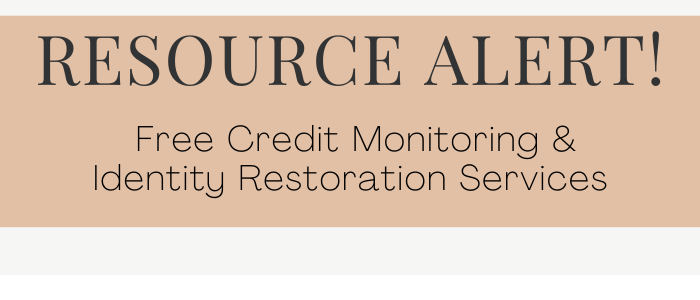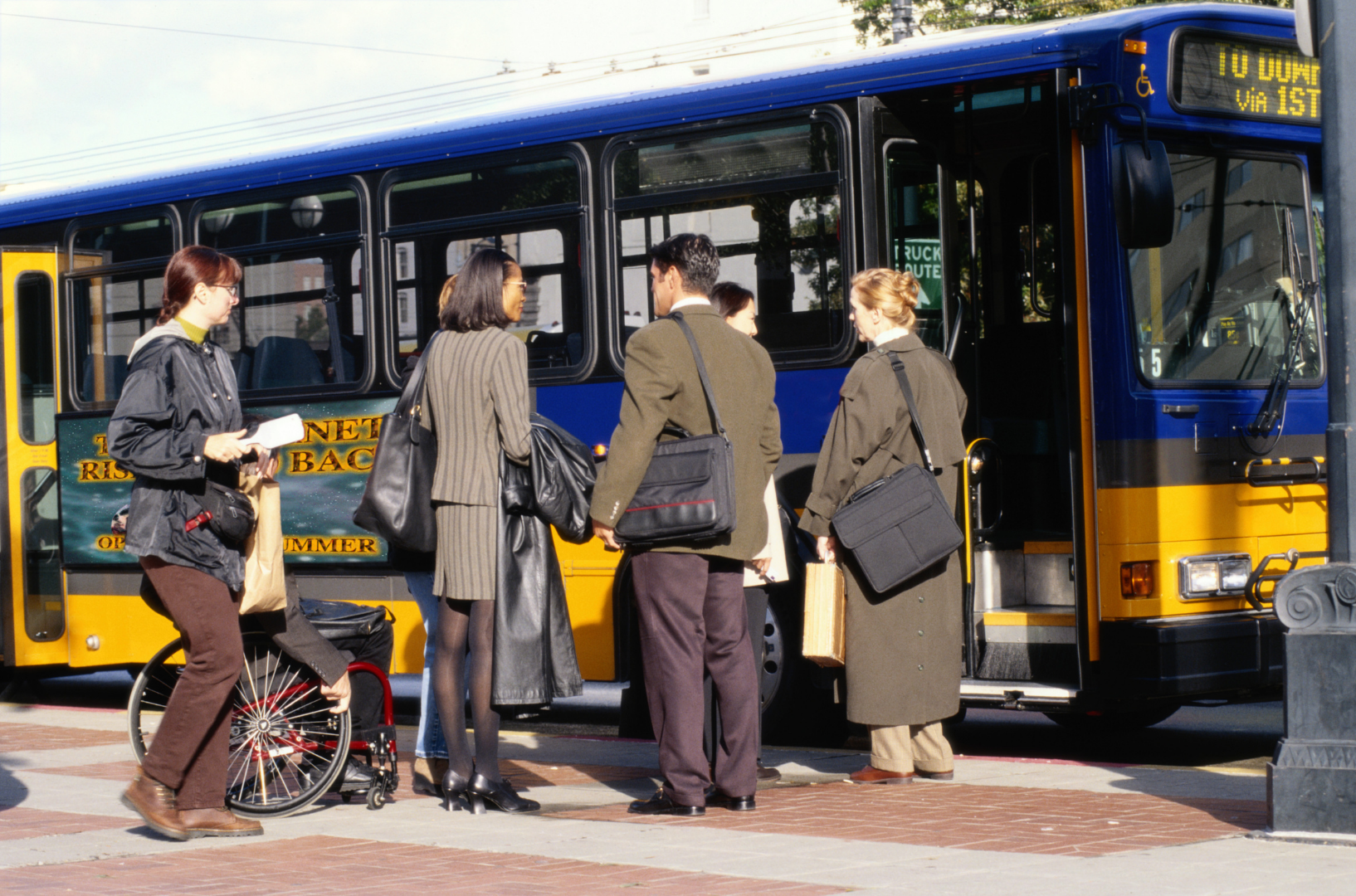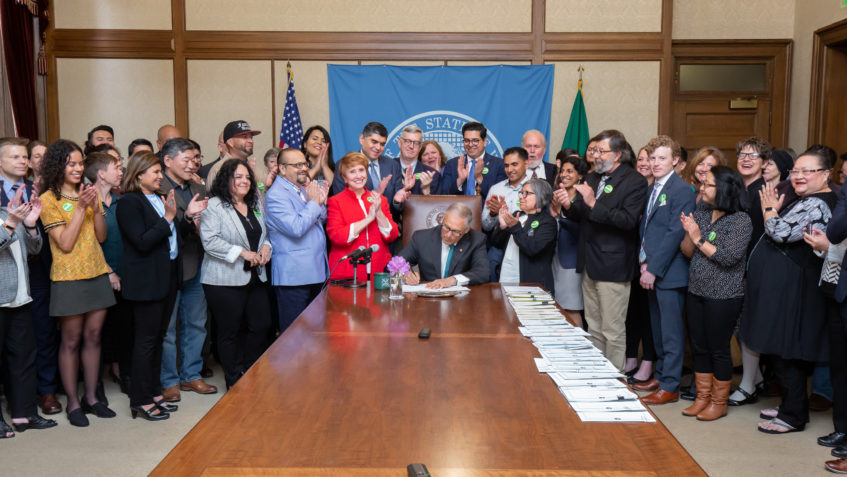Bill Signing
As the second to last week of session draws to a close, many bills are undergoing the last step of the legislative process – attaining the governor’s signature.
After the legislative chambers complete the reconciliation and concurrence processes, outlined in my last newsletter, and have agreed to the final form of the bill, it must be signed by the House Speaker and the Senate President. Once Speaker Jinkins and Lieutenant Governor Heck sign the bill, they deliver it to Governor Inslee’s office. These days it’s all electronic, but it can still take a bit of time.
Bills that are delivered to the governor more than five days before the end of the legislative session have five days to be acted on. Bills that are delivered fewer than five days before the end of the legislative session have 20 days to be acted on by the governor. Interestingly enough, in the counting of these days, Sundays are not included but Saturdays and state holidays are! If you’d like to know when bills are scheduled and signed, you can monitor that here. Unless it has an emergency clause, signed bills become effective 90 days after the adjournment of session.
Typically, these signings would happen in person with the public invited to attend. These were some of my favorite occasions, when we legislators would stand next to the Governor and watch him turn legislation that we labored over for months into law. Pictured here is the 2019 signing of the Keep Washington Working Act, one of the biggest projects I’ve ever undertaken. This bill, now law, protects immigrations in the workplace by prohibiting cooperation in immigration enforcement activities between state agencies and ICE, requiring state agencies to provide services without regard for immigration status, and creating a workgroup to develop strategies for expanding immigrants’ career pathways. To see the governor sign this was a major milestone I’ll never forget.
Of course, this process is occurring without an in-person audience right now, but equally exciting measures are being signed daily. One I am so glad to see complete the legislative process is Senator Nobles’ SB 5184, establishing a building point of contact in all K-12 public schools for students in foster care. During the unanimous passage of this bill in the Senate, Senator Nobles spoke so powerfully about her own experience in the foster care system and how her points of contact allowed her to experience school and extracurriculars in a way that would have been inaccessible otherwise. I am so proud to have Senator Nobles as my Vice Chair for K-12 Education and know she has made an impact in the lives of all our students experiencing foster care with this important piece of legislation. With Governor Inslee’s signature today, this bill has officially been made law.
Free Credit Monitoring


As you may remember from my Week 4 newsletter that in late January, the Office of the Washington State Auditor (SAO) experienced a data breach that exposed an estimated 1.3 million Washingtonians’ personal information. Since the data breach, SAO has set up 12 months of free credit monitoring and identity restoration services to people whose Social Security numbers may have been exposed. These services will be offered through Experian IdentityWorks 3B and Experian Identify Restoration Specialists. If your information was compromised as a result of the breach, you should have received an email from “Washington State Auditor Incident Response” with a personalized activation code to sign up for these services. If you did not receive an email with a personal activation code, you can visit their website or call their toll free number 1-833-256-3154 and use the activation code WSHAUD2021 and the engagement number B009702. Enrollment will be open until 6/6/2021. For more information on the programs and how to enroll, you can go to SAO’s webpage dedicated to providing the latest information regarding this breach.
Transportation surveys

King County Metro and Sound Transit have come together to create East Link Connections, a transit improvement effort throughout the Eastside. They are currently surveying residents and riders on how they think transit services and connections can be improved. The survey is open through April 25, 2021 and allows riders to weigh in on revising and integrating 42 bus routes to create a customer-focused transit network, with a focus on improving access for historically underserved areas. The East Link Connections Transit Needs Survey is available in English, Spanish, Simplified Chinese and Traditional Chinese, Korean, Russian, Vietnamese, Hindi and Tagalog.
The Puget Sound Regional Council is also conducting a survey as it develops the next Regional Transportation Plan. The plan describes how the region will meet the transportation needs, including unmet existing needs and expected growth, in the future. The plan also outlines investments the region is making to improve all aspects of the transportation system – from roads to transit, rail, ferry, bicycle and pedestrian systems – and ensure the safe and efficient movement of people and goods. The plan is updated every four years, per federal law.
Take a minute to give your input! The more feedback that goes into expanding accessibility in public transportation, the better these systems align with the community’s needs.

